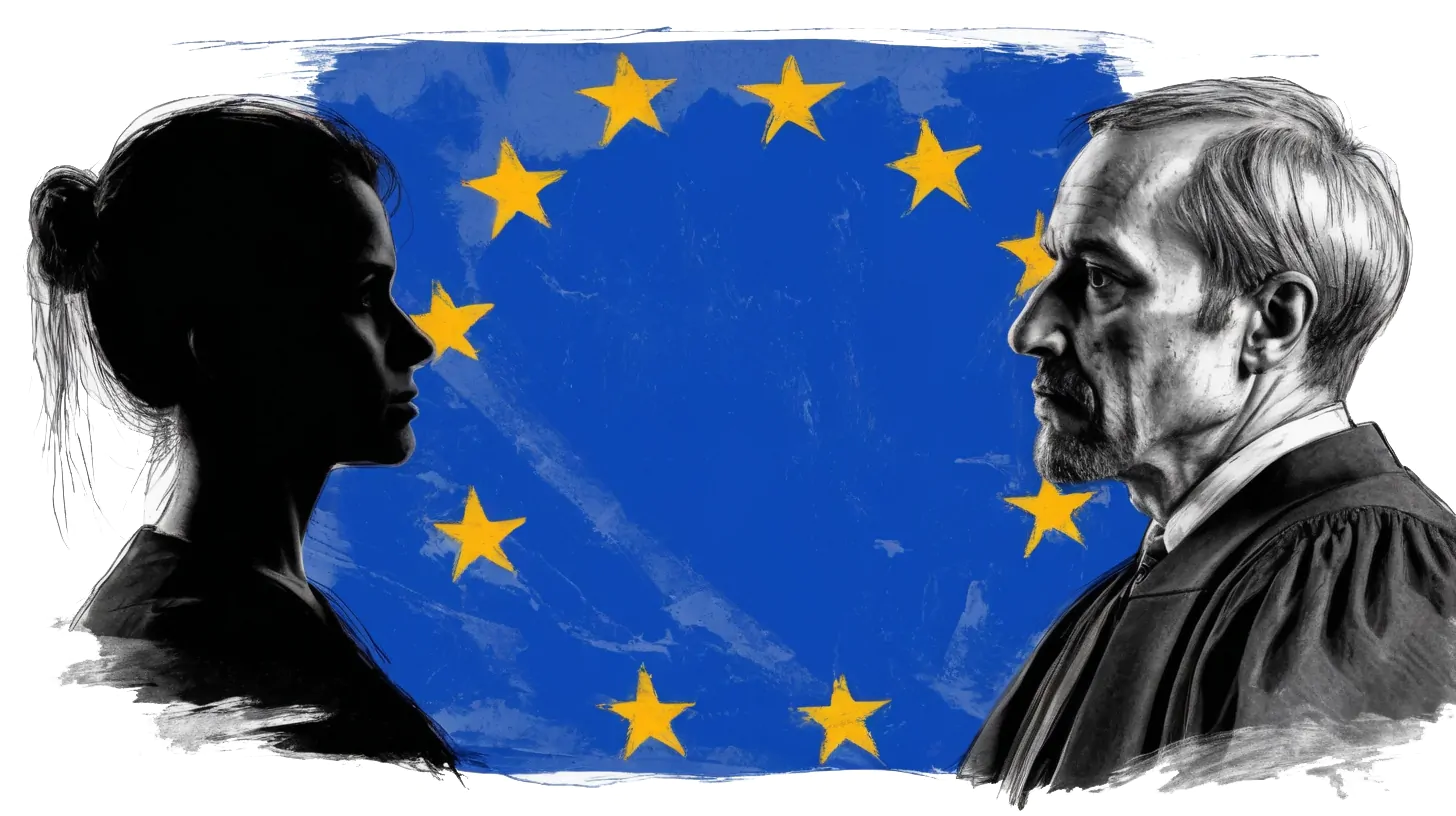For a long time, the answer to the Europe question was straightforward. Europe is a Christian world. European civilisation was underpinned by the biblical Revelation, Greek rationality and Roman law. Apparently, it is no longer.
Hungarian PM Viktor Orban said that Russia is a different form of civilization, which does not mean cooperation should be off the table. This sparked a wide-ranging discussion about Russia’s identity. Are we Europe, after all? To answer it, we need to define ‘Europe’ first.
Here is Orban’s actual quote: ‘Russia belongs to a different kind of civilisation <…> It’s an illusion to expect Russia to resemble Europe. It just can’t happen. Historically, politically, geographically and in its traditions it’s a different country. The important question is whether our differences are a reason not to cooperate. My answer is “no” – if only because the majority of the world is also different from Europe.’
Both statements that arise in the debate over Russia’s identity – namely, that ‘Russia is part of Europe’ and that ‘Russia is a separate civilisation’ – can be true depending on the context or, rather, on what we mean by ‘Europe’.
One option was recently offered by Europe’s diplomacy chief Josep Borrell as he called Europe (in this sense, barring Russia) a ‘garden’ surrounded by the ‘jungle’. According to Borrell, Europe is a big-C Civilisation opposed to the backward and peripheral world, which nonetheless can be hopeful of once getting co-opted into the real, that is, European civilisation.
In this context, ‘non-European’ is synonymous with ‘second-rate’ and accepting this concept of Europe would mean agreeing to one’s wretchedness and longing for a reception at the posh European mansion, if only as a loser family member. For some, it may indeed be tempting, just like it was for Russia in the early 1990s. However, both Europe and ourselves have changed beyond recognition ever since. But then again, what do we mean by ‘Europe’? Is it Europe in the original sense or Europe the way it currently is?
For a long time, the answer to the Europe question was straightforward. Europe is a Christian world. European civilisation was underpinned by the biblical Revelation, Greek rationality and Roman law. Russia does share these fundamentals with Europe. True, Russian churches and those of Western Europe may have differed a lot, and so did the liturgical canon. But come Sunday, the same passages from the same Bible were recited both in Russia and Western Europe; the same story of creation, the following fall from grace, incarnation, redemption and Judgement Day was discussed in both parts of the continent.
College-educated people both in the West and in the East were equally well-versed in roughly the same reading list of Greek and Roman classics.
In the wake of Peter the Great’s sweeping reform period, Russian aristocrats fell for the French language – as opposed to, say, Arabic or Chinese. Even now we are far more familiar with writers, thinkers and composers from Europe and not anyplace else. Europe, in turn, treasures works by the iconographer Andrei Rublev, the composer Pyotr Tchaikovsky and the novelist Fyodor Dostoyevsky.
That being said, Western Europe’s development was bolstered by some phenomena, such as the Investiture Controversy, the Reformation, the Catholic Revival, Renaissance and the ‘Enlightenment’, that did not fundamentally affect Russia; Russia internalised part of it only to a degree.
Thus, if we Europe is to be viewed as a Christian world, Russia is surely its integral part with its own historical variations and cultural flair.
It is a whole different ballgame, however, when Europe is equated with the EU. That is apparently what Mr Borrell had in mind as he came up with his ‘garden’ metaphor.
When browsing German mass media, I once bumped into an article titled ‘Vatican vs Europe’. It talked about the Catholics’ reluctance to accept the ‘same-sex marriage’. But the title itself struck me as bizarre. The Catholic Church is Western Europe’s longest-standing institution that had a crucial role in shaping its culture and history. Why does the author contrast this institution with Europe and even treats it as an opposing force? What is Europe then? Does Russia have anything in common with this brand of Europe?
The EU as an organization seeks to have nothing to do with the continent’s Christian legacy. Instead, it shares more commonalities with the French Revolution. The EU’s patently secular nature and deliberate evasion of the word ‘God’ or Christian faith in its official records has already drawn the flak from the European churches, which, let’s face it, has largely fallen on deaf ears.
One of the reason the EU cites is their fear of not being ‘inclusive’ enough towards non-Christians. It rings especially true, given the EU-encouraged mass immigration from non-European states that will inevitably lead – and indeed it already has – to a drastically shifting identity continent-wide.
As irony would have it, while Christian symbols and mentions of Christmas ostensibly need to be canned to avoid offending the immigrants, mostly Muslims, some direct and conscious insults of Islam are considered to be protected free speech. In its official ideology, the EU has been drifting ever so swiftly towards the aggressive promotion of perverse practices and abortions, which only amplifies the already preposterous plight. Christian symbols should be kept out of the public eye to avoid insulting the immigrants, but the latter are allegedly okay with a consistent public display of aberrant behaviours.
The EU is being increasingly excoriated by the likes of Viktor Orban and many other European politicians.
Russia is not part of the EU and does not endorse the set of ideologies that have led the EU where it is now. In this regard, Russia is a separate civilisation that has drawn upon biblical faith, Greek rationality and Roman statehood coming from the Byzantine Empire. What will happen to the experiment known as the EU is anyone’s guess. But we are having none of it, which is a good thing.

